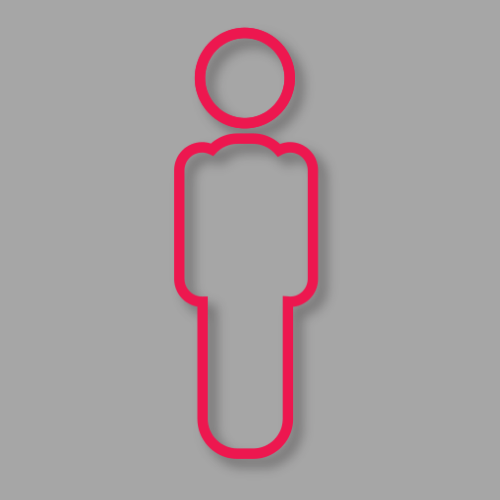Whenever you hear about the advantages of working from home, they usually involve:
Less time spent commuting
More flexibility to juggle personal and work commitments (i.e. school drop-offs, appointments, housework, etc).
But what employers might not realise is that working from home isn’t just a nice-to-have. For some people, working in an office environment isn’t ideal - for reasons you may not have thought about.
Not everyone thrives in an office environment. In fact, you might have some employees who downright hate it.
For example, it might be too loud or too distracting for them to work productively or they may have a health condition that is easier to manage from home.
It’s not always about spending less time getting from A to B (although that is an added bonus).
For some of your employees, working from home drastically improves their quality of life, mental health and their productivity.
How work environments impact productivity
It’s no surprise that job satisfaction and productivity are closely linked to a favourable working environment.
If you’re happy with your environment, you’re going to feel more job satisfaction than someone who has to push through an environment that isn’t meeting their needs.
There are 3 elements that make up a work environment:
Physical environment (the size, layout and location of your workplace)
Company culture (the way a company operates)
Working conditions (the terms under which your employees are hired)
And here’s where things can get complicated. Not every work environment is going to be a happy and healthy one for every employee. Even if, objectively, you think there’s not much to complain about. We’re all different people with different needs in the workplace - whether they be physical or social.
The extroverts in your team might thrive in a more collaborative and loud environment. On the flip side, the more introverted members of your team (who also happen to be 25 - 40% of the population) may be suffering in silence.
I know this might seem difficult to cater for. After all, up until not too long ago, going into the office and accepting it as your only work environment was the norm.
But in the words of Richard Etienne, “the workplace was created by extroverts, for extroverts”. Traditional workplaces were designed with a particular mode of working in mind. A mode that suits more extroverted personalities.
It’s also a mode that suits able-bodied people, people without mental health conditions (did you know almost half of all Australians deal with one or more chronic conditions?) and people without children.
As a consequence (for both the company and them) they’re not able to concentrate on their work and are less productive and happy in their roles as a result. For proof, look no further than recent trends like The Great Resignation and Quiet Quitting.
Everyone needs something a little different to perform at their best. So, it makes sense that introverts in particular shone during the pandemic. Suddenly, they had time to get work done without the constant interruption of someone wandering over to their desk.
And we’d hazard a guess that the other minority groups we mentioned excelled working from home during this period, too. It would likely have something to do with fewer external stressors, more flexibility and independence.
Working onsite can certainly be a positive environment - I don’t want our point to be misconstrued. Working in a traditional environment is beneficial - for those who crave structure, collaboration, communicate better face-to-face and love a chat by the water cooler.
For people who valued their home office, being pulled back to the office has been a challenge.
According to a 2021 McKinsey survey, 1 in 3 people felt returning to work on-site had a negative impact on their mental health. And 1 in 3 recorded returning to the office having a positive impact on their mental health.
Could there be a more perfect demonstration of different people having different needs and thriving in different environments?
If your workplace has made the transition to working back in the office, I would recommend checking in with your workers. Half might love the return to regular programming. The other half may be experiencing a decline in their mental health and job satisfaction.
But before you assume, ask them. Ask them what they’re struggling with, whether the office chatter makes them feel motivated or distracted. Whether working from home suited their lifestyle and made the days easier to tackle.
The pandemic flipped our working standards on its head, but it also revealed where workers have always been struggling.


